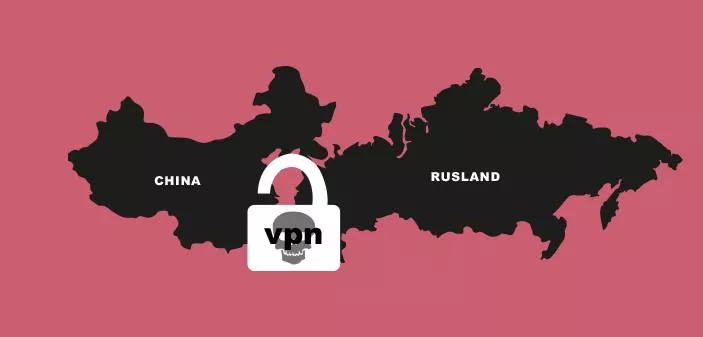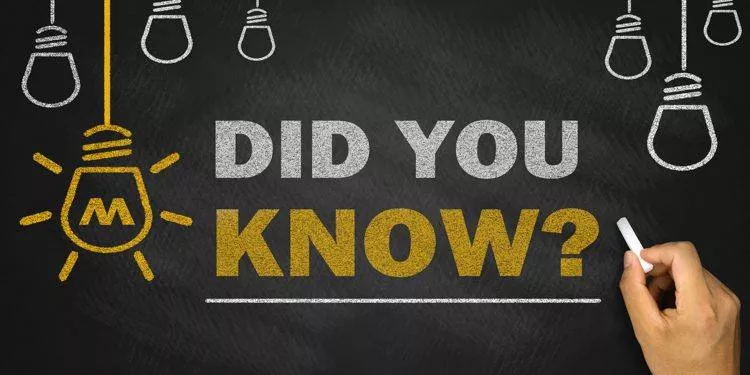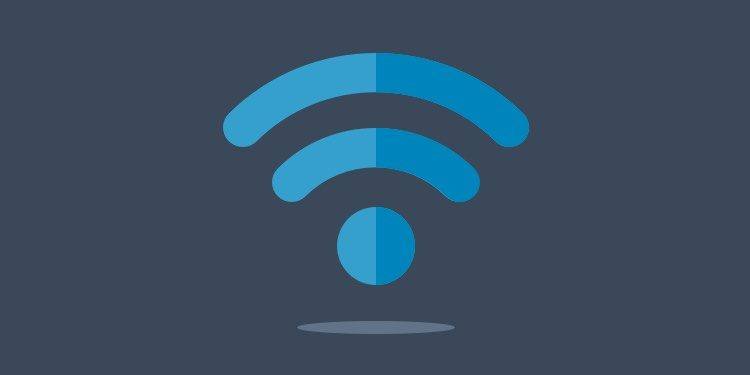
VPN bans
VPN bans
The internet is a lot less free in countries like Russia or China, since both countries have banned VPN- connection. This are internet connection in which the user can surf anonymously. But what are VPN’s exactly and why being there censorship in both these countries? A little more information is here in place
What is a VPN?
A VPN- connection, also called the private virtual network, is in fact a connection with which the user can camouflage or change their virtual location. In this way, they have more privacy and especially, access to normally unreachable information. Thanks to a VPN connection, people can pretend to surf like someone from a Western country while they are really in China or Russia. With other words, Russians or Chinese can still access blocked websites in their country. VPN-services give users a private network that is encrypted, with this they can achieve full anonymity.
China and Russia are both countries that want to disable the use of those connections
After all, these countries want more control and insight in what websites the civilians are visiting. The Russian parliament prohibits the use of VPN-technology since 1 November and at the same time Apple VPN-apps are banned out of the Chinese version of the Appstore. In china, it is mandatory since January to ask for a licence to use VPN- Services but what seems like it is that there hasn’t been given out any licences since. So, apple deletes all the VPN-apps from the supply that is available in China
Banned VPN’s in Russia
Russia looks like China in some way, but the Kremlin is not that strict.
The Guardian, the famous British newspaper, accuses the Chinese ICT-experts on helping the Russians to create the ‘Red web’, a Russian version of “The Great Chinese Firewall”.
Russia will, just like China, obligate internet companies to store the internet data of their civilians. The possibility to use Facebook and national social media like Odnoklassniki and VKontakte is still available. However, most Russians choose for their national edition.
Russia has a so called ‘black list’ since 2012 with banned webpages. A law has been set up for the webpages that are prohibited in the country. This law states as protection for children against suicide, child pornography and drugs. Roskomnadzor, the Russian watchdog for internet abuse can even prohibit website without the approval of a judge.
Doubtful censorship in Russia
In Russia, the censorship is less strict than in China. The biggest part of the international news websites is still accessible for normal people.
The government is still Certain Ukrainian media is still kept back by the government. The connection of the data is: annexation in the Krim. Political enemies and resistance are being held back by the Kremlin, but the rules aren’t always being followed
The website of ex world champion chess Gary Kasparov, who in fact hasn’t much in common with Putin, is blocked. The site of Aleksej Navalny works well on the other hand. And that raises questions about how lawfully the censorship really is.
Would you like to surf on the internet, without being watch by uknown companies? You can now register at GOOSE with a 30-day money back guarantee.




















